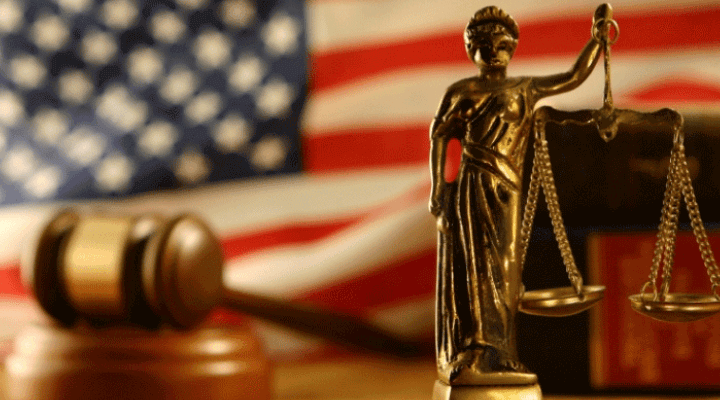Last week two senators introduced a bill called the ‘Security Clearance Review Act.’ The more appropriate title may have been ‘Senate wants a say in executive appointments’ Act. The bill is a political push by those who have been urging the White House to revoke the security clearance of Jared Kushner, President Donald Trump’s son-in-law and Director of Innovations at the Trump White House.
The bill has 19 Democratic co-sponsors, but don’t expect it to go very far.
“Even in the highly unlikely event that this bill gets enacted into law (remember, the President would have to sign it or it would have to garner enough support in Congress to override a veto), it would likely be declared patently unconstitutional based on the separation of powers principle,” said Sean Bigley, national security attorney and managing partner at Bigley Ranish.
National security policy rarely gets held under a microscope, unless something was leaked or Americans feel it violates their privacy. That’s why it wasn’t until 2016, when we had two major presidential candidates facing serious ethics violations, many began asking – ‘hey, what kind of authority does the president have for things like national security policy?’
The short answer – all of it.
The President has full executive power in matters of national security, and in the execution of the federal government. Article II of the Constitution clearly articulates the President’s authority as Commander in Chief (Congress holds the purse strings when it comes to deploying or committing troops). Classification policy (including who can hold a security clearance) is born out of Executive Orders. First it was Dwight D. Eisenhower’s Executive Order (EO) 10450, then it was Bill Clinton’s EO 12968. That EO was updated by Executive Order 13467, which was amended as recently as September of 2016 in order to codify the responsibilities of the newly minted National Background Investigations Bureau.
Why does the President’s purview over national security policy matter in the case of Jared Kushner’s security clearance? Because practically speaking, there are only two ways for Kushner (or any other executive appointment) to lose his eligibility to access classified information – be fired, or have the Constitution amended to remove this authority from the president.
“Just like the President doesn’t get to dictate how Congress holds committee votes, considers nominees, etc., Congress doesn’t get to dictate the internal affairs of the executive branch,” said Bigley.
The executive authority of the president has been largely supported by Department of the Navy v. Egan, a 1988 Supreme Court decision which gave broad presidential authority over classified information and national security.
If President Trump appoints someone to a White House position, and wants them to have access to classified information, it is fully within his purview to grant them that access – unilaterally. Unless Congress changes the Constitution, all the President has to do is speak the word to grant eligibility. That means the only practical way Jared Kushner is going to lose his security clearance is if the President says, ‘you’re fired.’ (Which, let’s be honest, is a possibility given the number of shake-ups in the past few weeks).
That’s where the Senate’s Security Clearance Review Act comes in. Other than wasting some Legislative Assistant’s time and making for a good press release, the Act is designed to trump up (sorry, can’t help it) pressure to oust Kushner. What you need to know is that the current Senate bill is neither legal nor possible.




